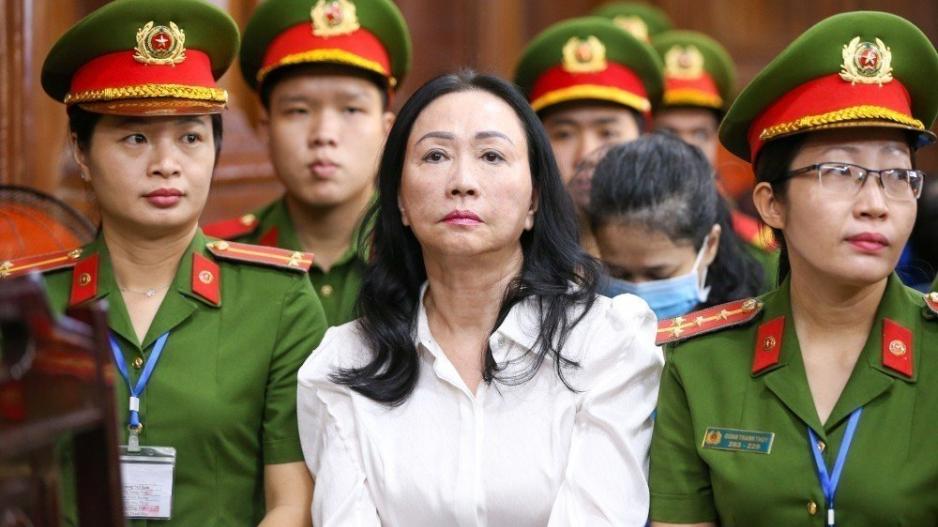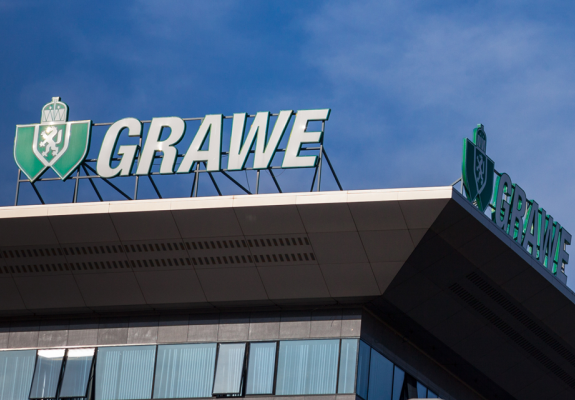67-Year-Old Billionaire Sentenced to Death for $44 Billion Fraud in Historic Trial
Vietnam’s Dramatic Clampdown on Corruption Reaches a New Level with Unprecedented Financial Fraud Case
A 67-year-old billionaire was sentenced to death for a $44 billion fraud, a rare occurrence in Vietnam's legal history, especially for a white-collar crime. This sentence was passed down to Truong Mai Lan. As per the court's decision, she is ordered to return $27 billion, a sum which prosecutors believe may never be fully recovered.
This trial is viewed by some as a pressure tactic to encourage the businesswoman to help locate the missing billions. It represents the most spectacular trial ever conducted in Vietnam, befitting one of the largest banking frauds the world has ever seen.
Behind the impressive yellow façade of Ho Chi Minh City’s colonial courthouse, the 67-year-old real estate developer was condemned on Thursday for plundering one of the country’s largest banks over 11 years. Truong Mai Lan's conviction marks a rarity in Vietnam, as few women have faced the death penalty for economic crimes.
The verdict reflects the staggering scale of the fraud. Truong Mai Lan was convicted for obtaining loans worth $44 billion from Saigon Commercial Bank. Some believe the death sentence is the court’s attempt to motivate her to return some of the missing billions.
The usually secretive Vietnamese authorities were unusually forthcoming about the case, providing detailed information to the media. They disclosed that 2,700 individuals were summoned to testify, involving 10 state prosecutors and about 200 lawyers.
The evidence comprised 104 boxes weighing six tons in total. Eighty-five defendants were tried alongside Truong Mai Lan, who denied the charges.
"This sort of show trial, I think, has never happened in the communist era," says David Brown, a retired U.S. State Department official with extensive experience in Vietnam. "Certainly, nothing on this scale."
Nguyen Phu Trong believes that public anger over rampant corruption poses an existential threat to the Communist Party's monopoly on power
The trial was the most dramatic chapter yet in the “Blazing Furnace” anti-corruption campaign led by the General Secretary of the Communist Party, Nguyen Phu Trong. A conservative ideologue steeped in Marxist theory, Nguyen Phu Trong believes that public anger over rampant corruption poses an existential threat to the Communist Party's monopoly on power. He began the campaign earnestly in 2016, after outmaneuvering the then pro-business Prime Minister to maintain the top party position.
Truong Mai Lan hails from a Sino-Vietnamese family in Ho Chi Minh City, formerly Saigon. She has long been a commercial powerhouse in Vietnam's economy, dating back to when it was the anti-communist capital of South Vietnam, with a significant ethnic Chinese community.
Starting as a market stall cosmetics seller with her mother, she began buying land and property after the Communist Party launched a period of economic reforms, known as Doi Moi, in 1986. By the 1990s, she owned a substantial portfolio of hotels and restaurants.
While Vietnam is more widely known abroad for its rapidly growing manufacturing sector, as an alternative supply chain to China, most wealthy Vietnamese made their money developing and speculating in real estate.






